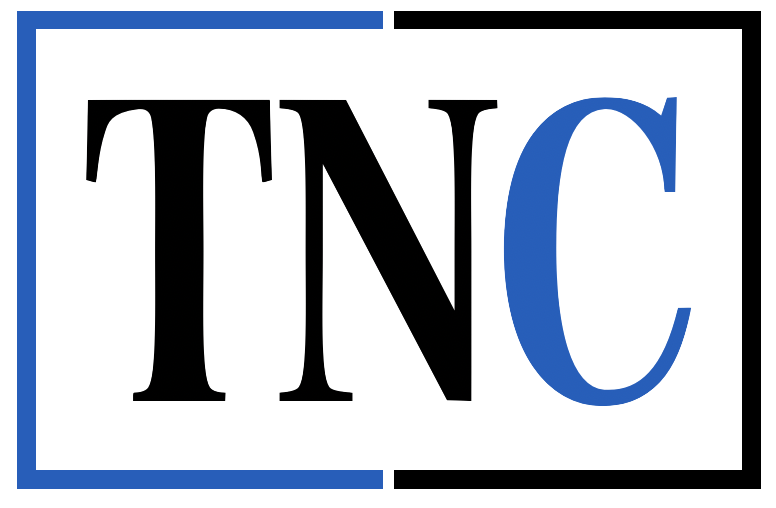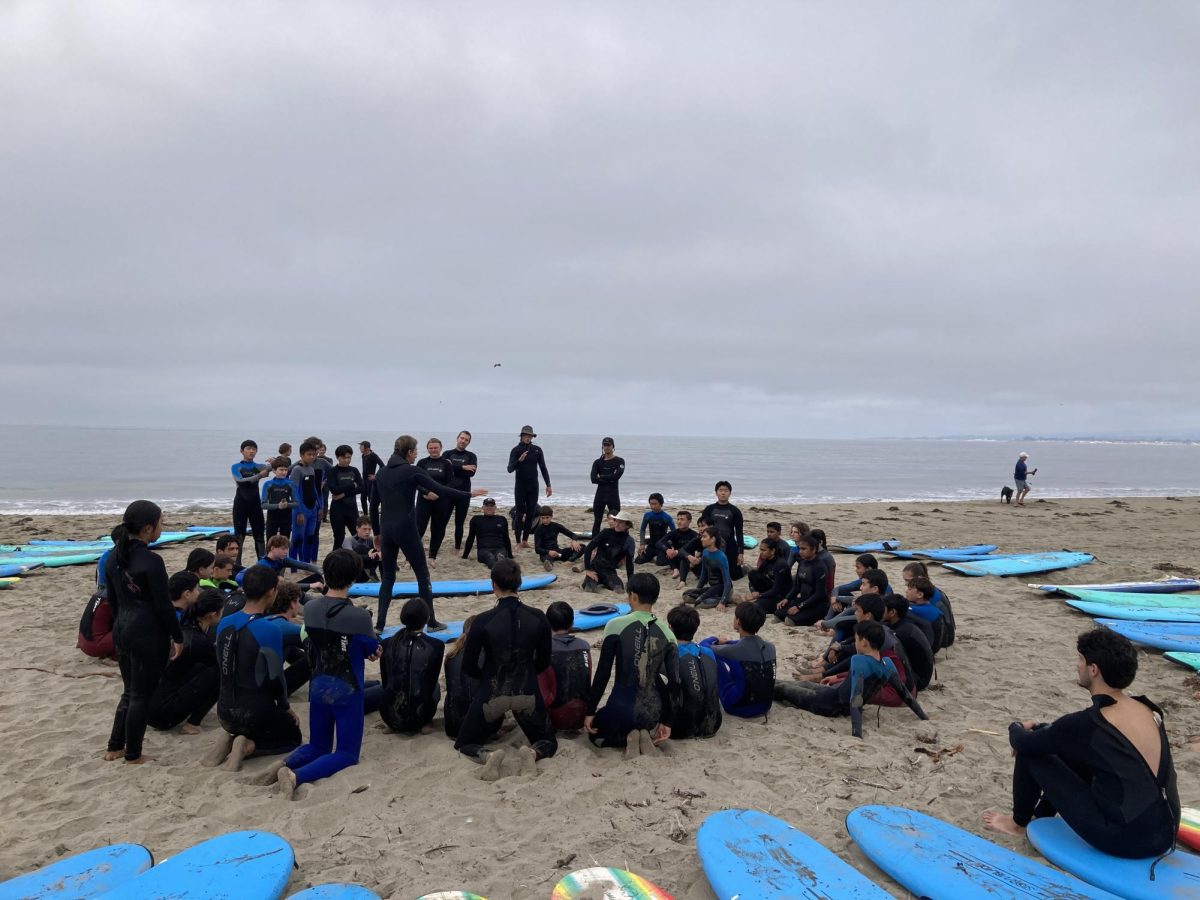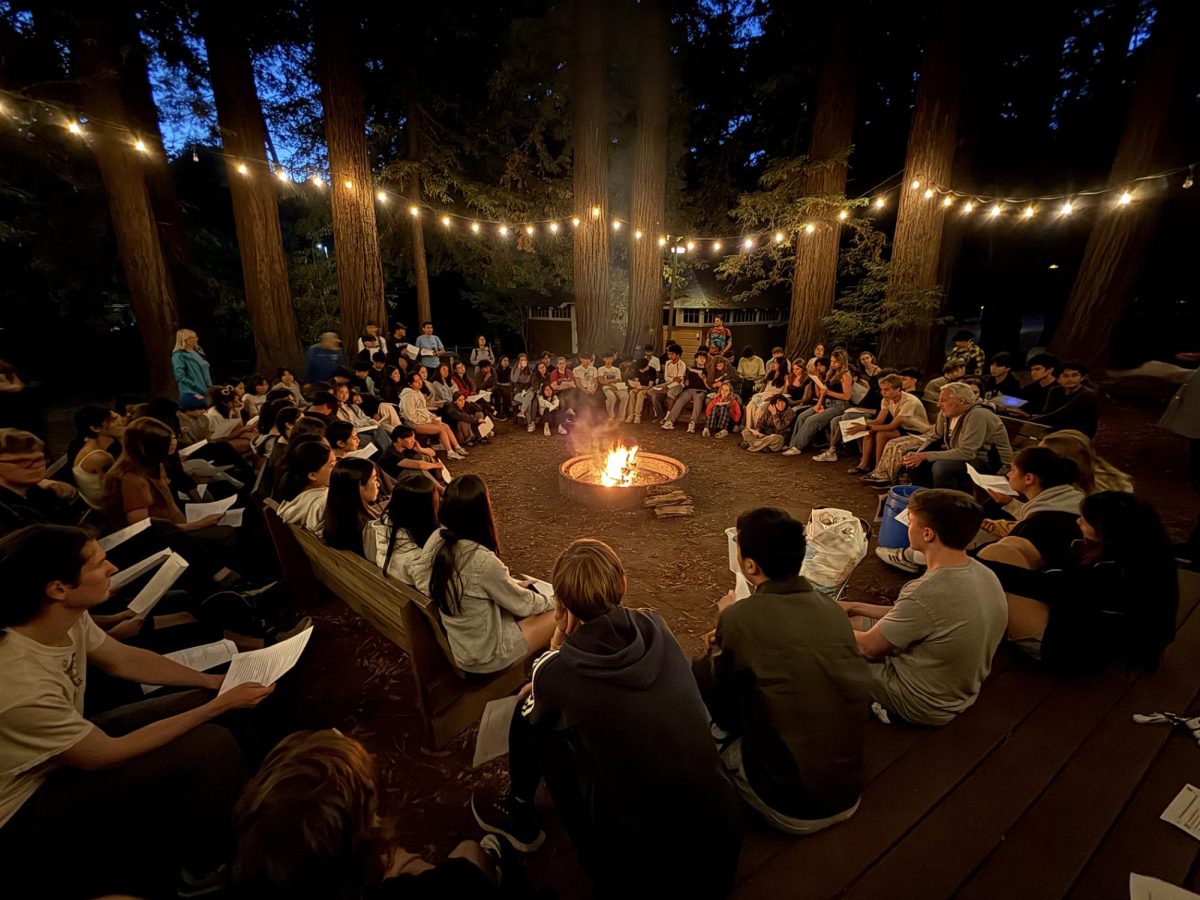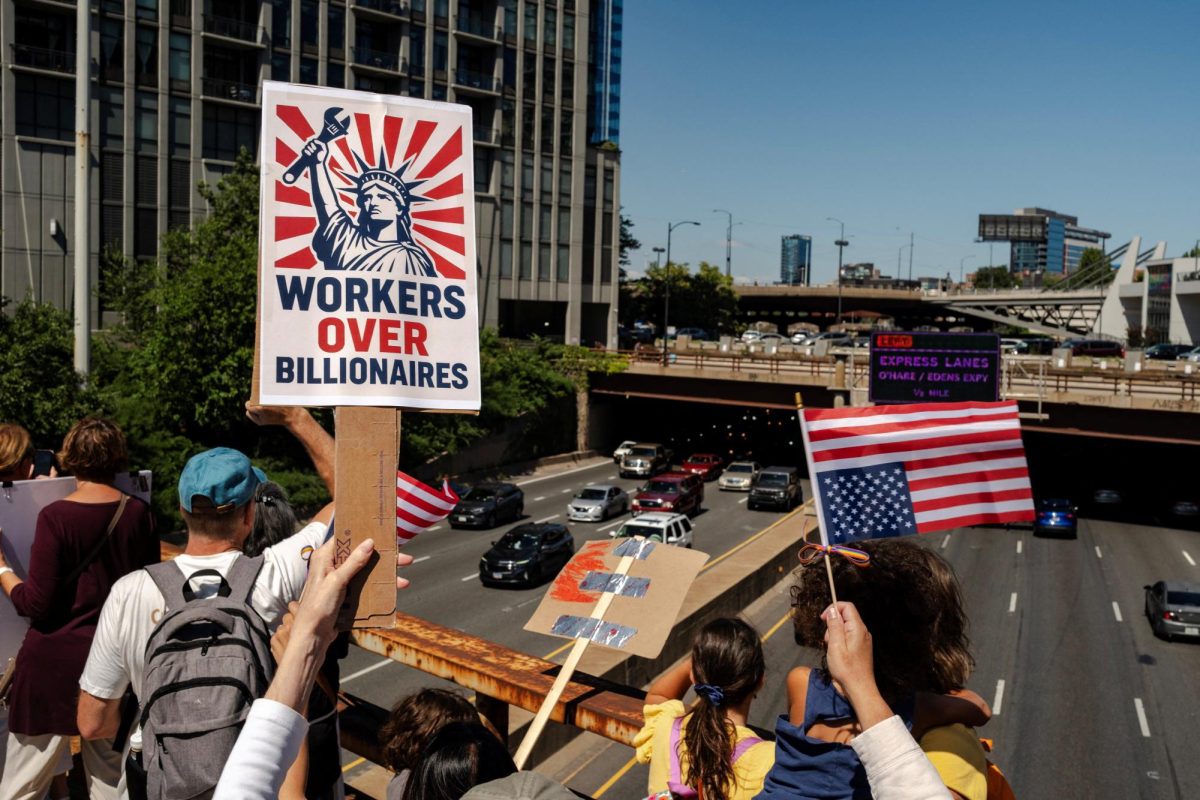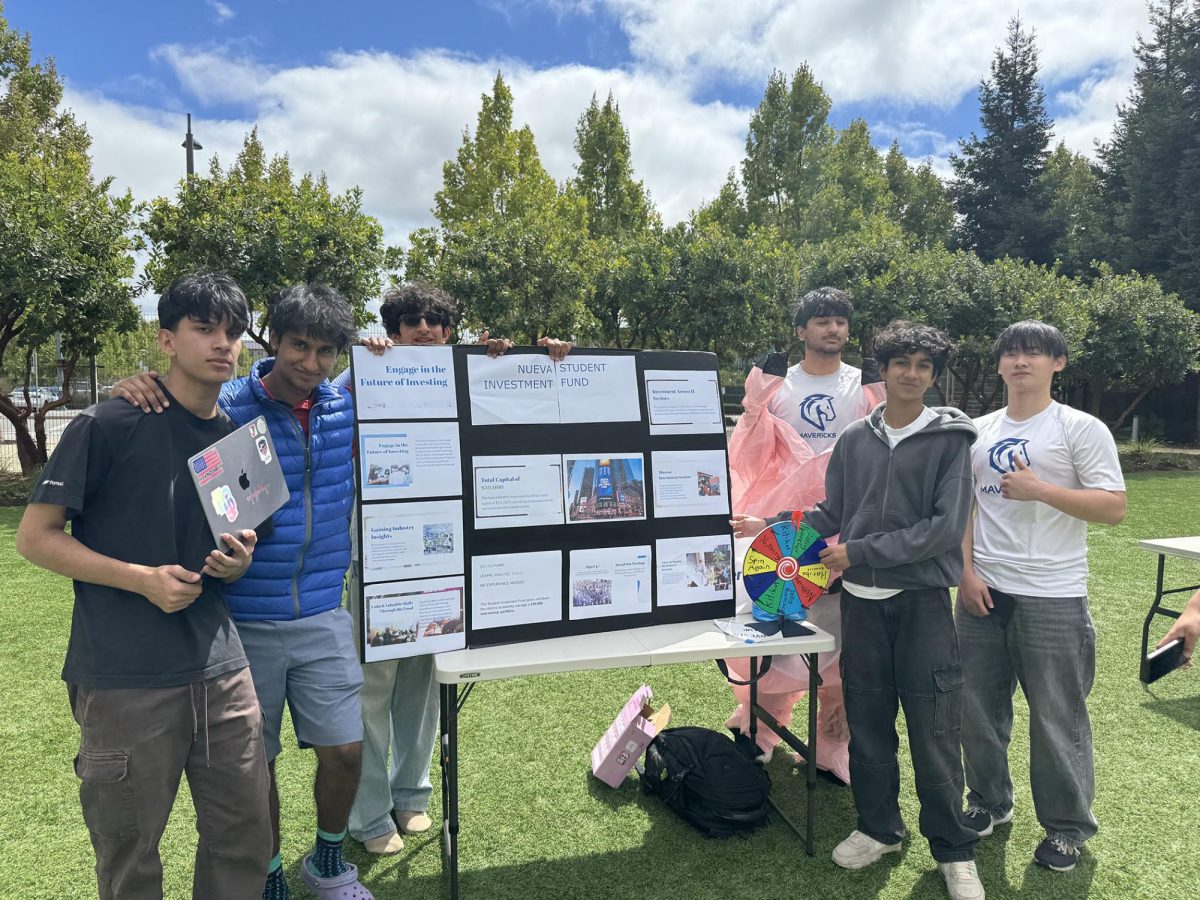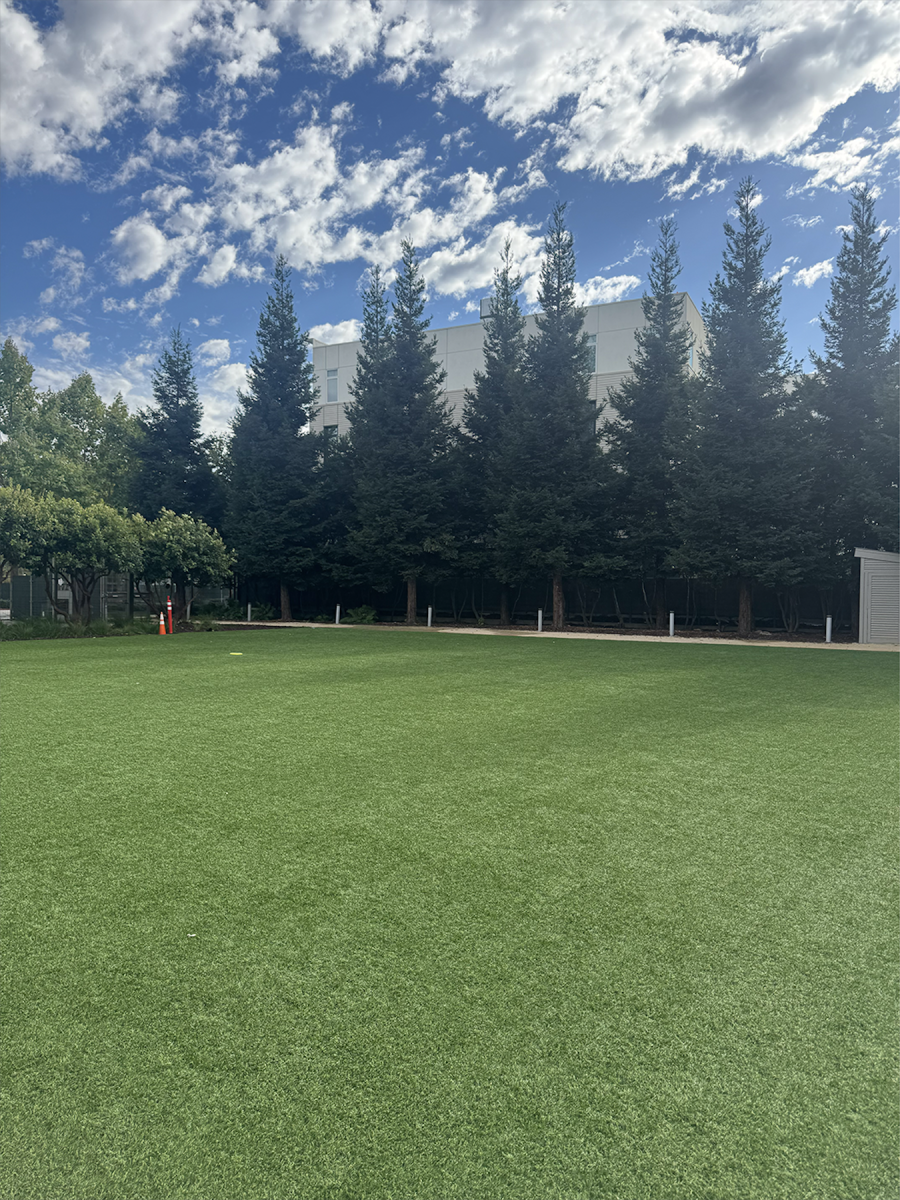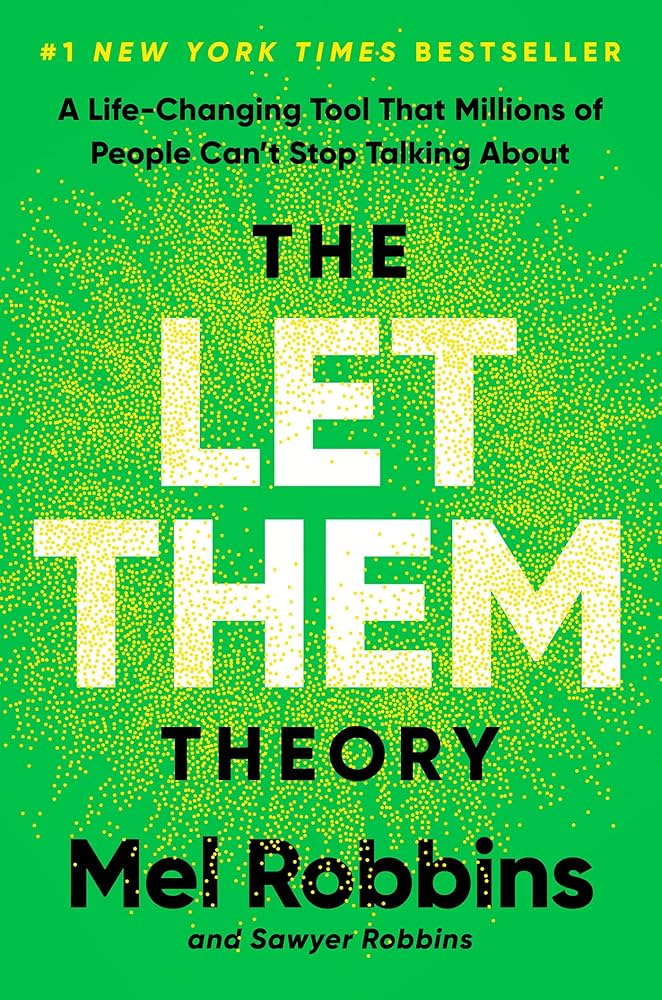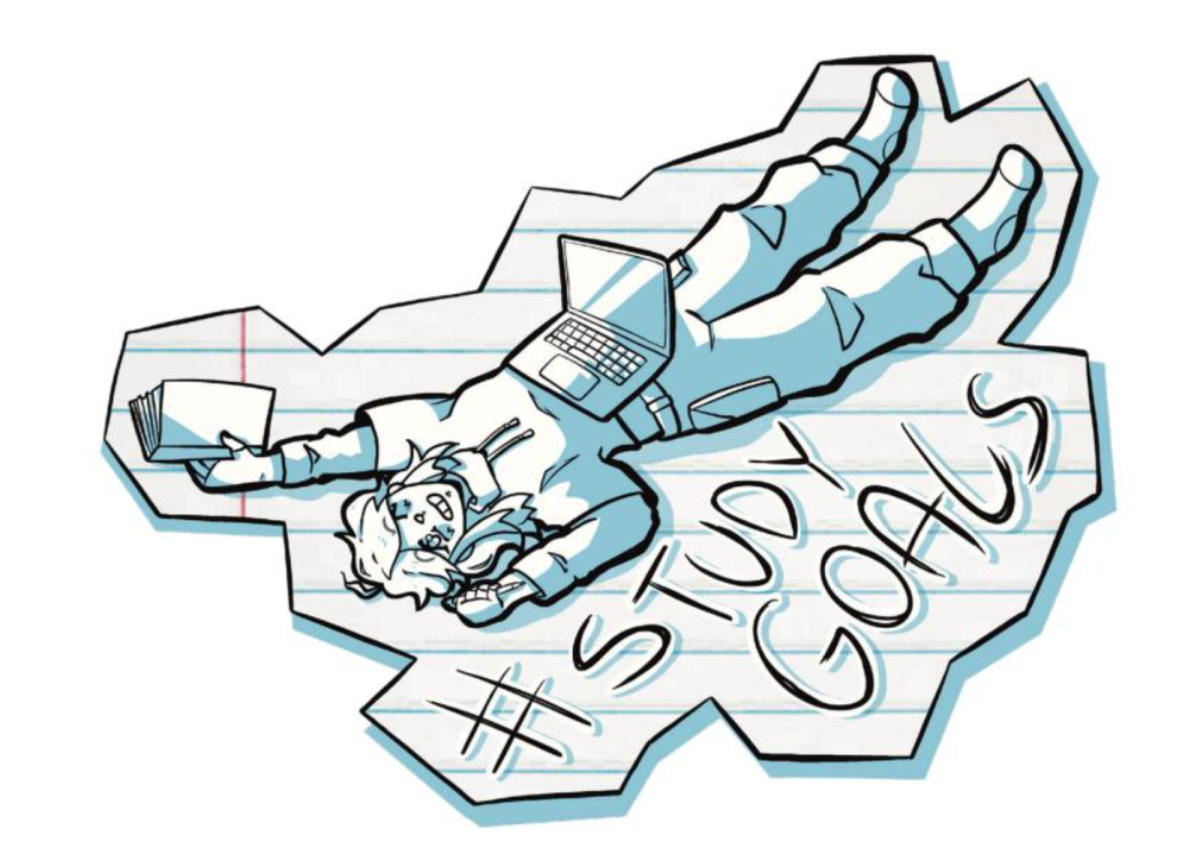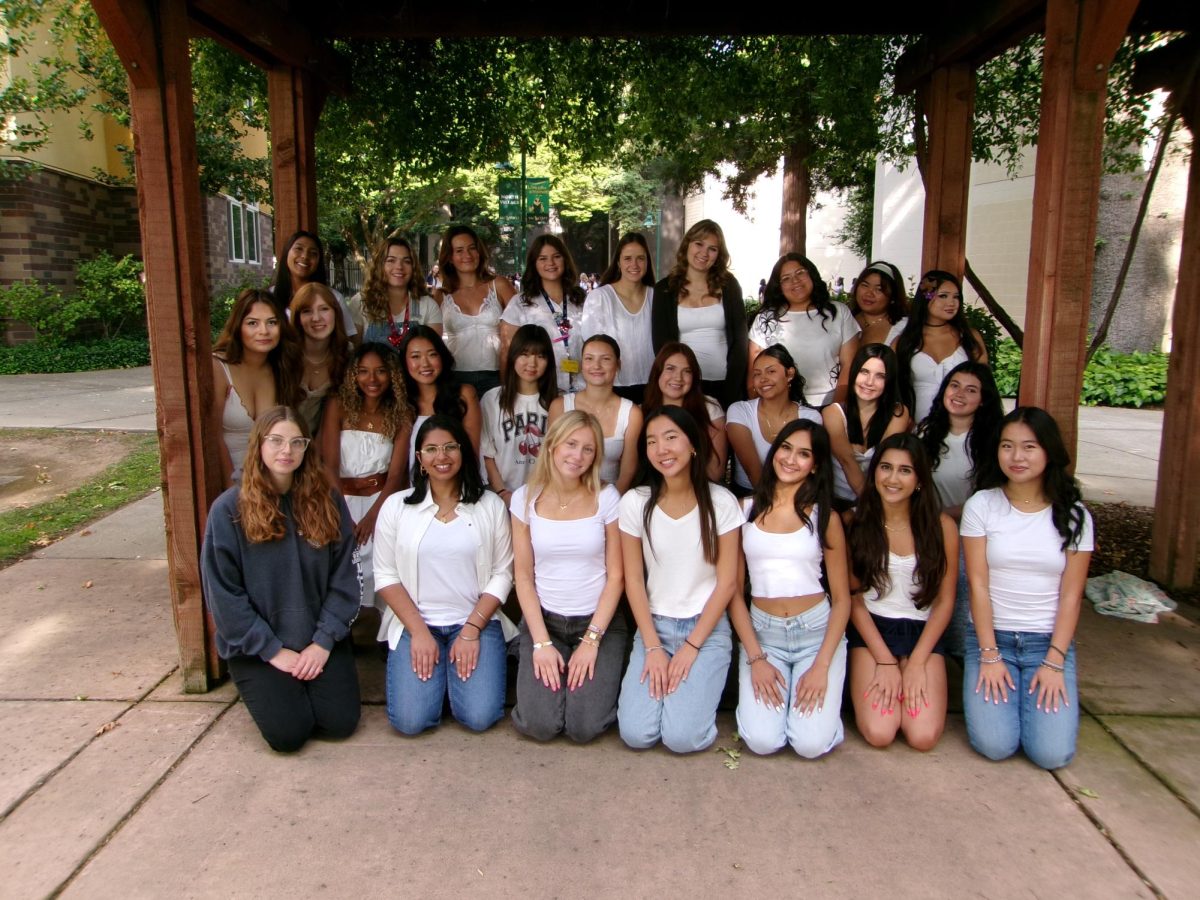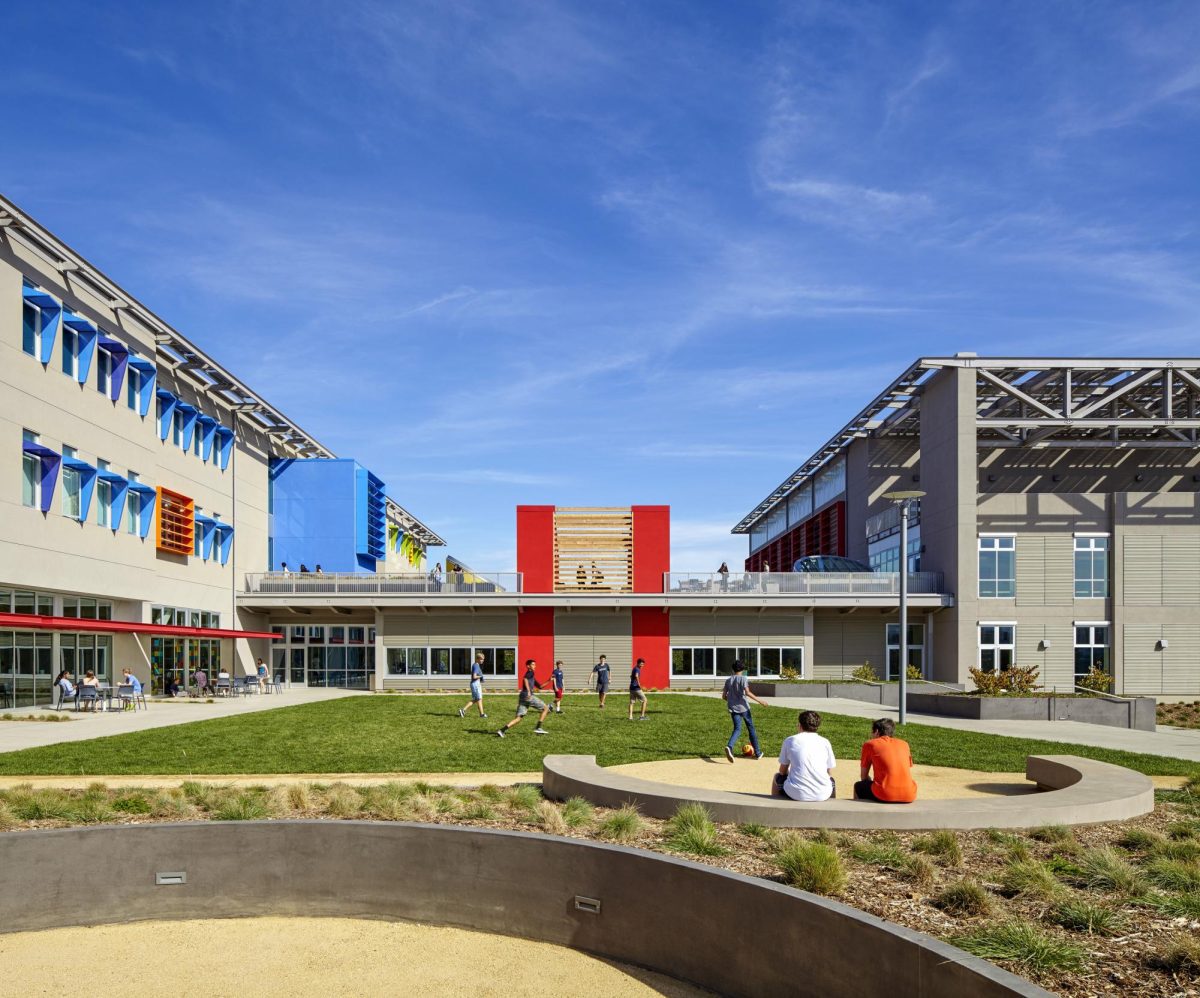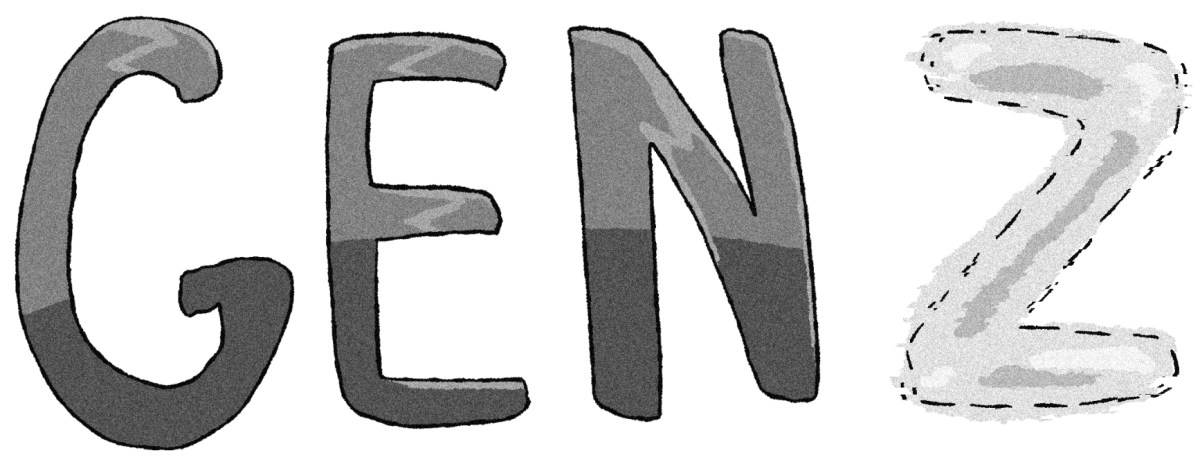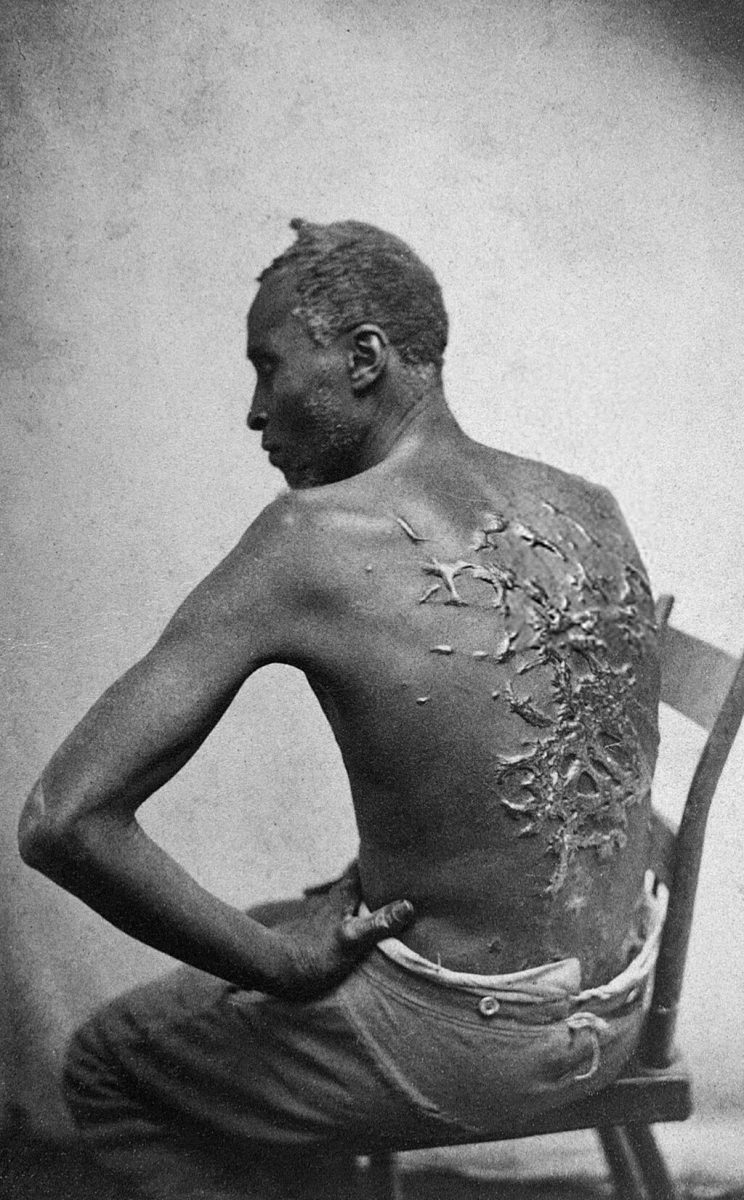When US history teacher Marie Burks asked my class what the one unifying pattern throughout our nation’s history was, up until the present, only one word came to my mind: struggle.
All around us, struggle—the systemic oppression that permeates the lives of citizens—exists. It exists in the people we interact with, in the media we consume, and even our history books. Throughout history, struggle is what remained constant. Struggle is what defines America.
Struggle has followed America through its pivotal moments throughout history: the struggle against colonization, for the abolition of slavery, for women’s suffrage, gay rights, and so much more. Struggle is the experiences Americans face as a result of our nation’s faults, which inform how we need to change. Struggle is what numerous migrants persevere through to get here, the fight for disabled rights; our society is built on struggle.
But the Trump administration hopes to eliminate struggle from the historical narrative—smoothing over the bumps on the road in order to present the seamless progression of a perfect nation.
President Trump has never been interested in the truth; he’s interested in spreading his agenda of what America is. In a 2023 CNN interview, his former press secretary, Stephanie Grisham, recounted how Trump gave her one critical piece of advice: “As long as you keep repeating something, it doesn’t matter what you say.”
In a social media post this past August, Trump criticized the Smithsonian museums for being “out of control” and excessively focused on “how horrible our country is, how bad slavery was, and how unaccomplished the downtrodden have been.”
Trump’s administration has undermined the Antiquities Act, which grants the president authority to designate national monuments, attacking it as an “egregious” use of government power and directing the government to prioritize resource extraction in land use decisions. But these recognized monuments, like the Chaco Culture National Historical Park which is now on the list for weakened protection, preserve the history of those marginalized and oppressed.
The Trump administration also ordered several national parks to remove exhibits depicting the struggles of slaves and indigenous people, including “The Scourged Back,” an 1863 photo of a scarred formerly enslaved man that has become one of the most impactful images of the Civil War era.
In our schools, his administration has actively promoted the PragerU curriculum, which promotes an explicitly right-wing agenda—expressing slavery as a “compromise,” framing William Lloyd Garrison’s activism as “radical” and ineffective, and addressing the bible as a historical narrative for western civilization. PragerU has already partnered with several states, increasing the political divide among youth and warping their fundamental understanding of what America is—jeapordizing the future of politics. Kids will no
PragerU and the censorship of monuments is part of his goal to develop a “patriotic education.” During a speech at the National Archives, Trump said “we must clear away the twisted web of lies in our schools and classrooms and teach our children the magnificent truth about our country”.
Our history is anything but magnificent.
Acknowledging struggle should inform how we move forward as a country; it’s how we make America a safer, more equitable place to live. But with the Trump administration, government repression is intensified and the efficacy of advocacy of people’s struggle is hindered.
But advocacy sheds light on a more transparent, accountable history, and sets precedents that will guide how we move forward.
After the Dobbs decision, countless women on social media united to share stories, provide advice and access to care, and urged for change. They advocated for how we are reverting to our history’s oppression of women, and created tangible cultural change despite it not being reflected in terms of policy.
We need to remember the historical struggles Americans faced.
In order to acknowledge past struggles, we must memorialize and educate. We, as a society, preserve stories in museums, educate students on a transparent and accountable history, document the present, uplift programs seeking to combat historical discrimination, build memorials, and most of all, truthfully remember the past. Kids will now grow up with entirely different understandings of our history, undermining the very bedrock of truth that that is needed for a productive political atmosphere.
All these decisions are part of the Trump administration’s efforts to whitewash American history. But American history isn’t American history without acknowledging the struggle it holds. Without the recognition and publicization of that struggle, the painful history that should inform our future will transform into a deceptive narrative that understates the corruption inherent in our nation. How can we move forward without understanding our past?
